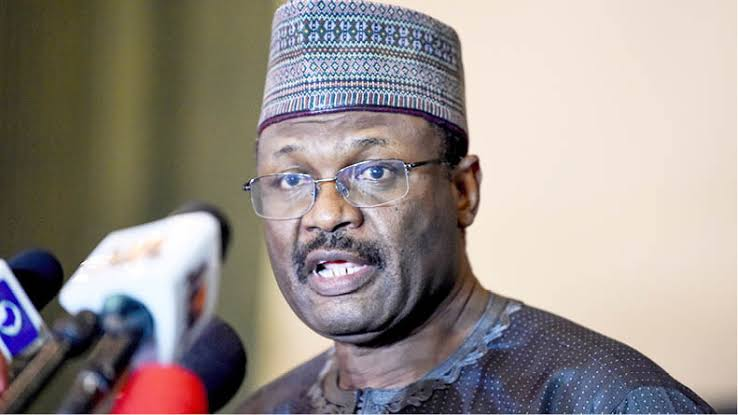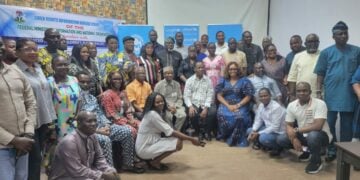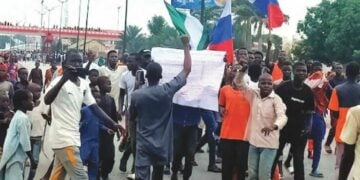Ahead of the February 25 and March 11 general elections, the Youth Initiative for Advocacy, Growth and Advancement (YIAGA) Africa has charged the Independent National Electoral Commission (INEC) to make public and address the challenges identified during the testing of the Bimodal Voter Accreditation System (BVAS).
The executive director of YIAGA Africa, Samson Itodo made the call yesterday during the report on BVAS testing, mock accreditation and electronic transmission of accreditation data in Abuja.
Samson, who said most of the devices were activated and configured in line with the guidelines, added that some devices failed during activation and configuration due to hardware failures.
“The exercise was also blighted by poor internet connectivity which delayed the configuration of the BVAS across several states,” Samson said, explaining that INEC should make public its reports on the set-up and testing of the BVAS and mock accreditation and provide updates on the steps taken to address the challenges identified during the BVAS testing and mock accreditation.
“In the states observed by YIAGA Africa, the BVAS testing was successful and the ICT staff demonstrated good knowledge of the systems and testing guidelines. The observers sighted the BVAS machines and noted the devices were stored in good condition.
“INEC should investigate cases where the BVAS failed to authenticate the biometrics of voters, despite having the names on the register. This will inspire public confidence in the BVAS and IReV.
“INEC should notify all voters affected by the migration of polling units of changes to their polling units via text messages, emails and phone calls if possible. In addition, a copy of the voter register should be posted across polling units for voters to confirm their polling unit. This should be backed by a national campaign on how to locate and confirm your polling units via online and offline platforms.
“INEC should replicate the transmission of the accreditation data on the BVAS to the IReV in the general election. Transmitting accreditation figures enhances the transparency of elections as it gives citizens the opportunity to check the consistency of the number of accredited voters recorded on the BVAS and the accreditation figures entered on the result sheet by polling officials.
“INEC should educate polling officials on recording and documentation of election figures, to avoid discrepancies between the accreditation data uploaded by the BVAS to the IReV and the figures recorded on the polling unit result sheet.
“INEC should ensure all the BVAS devices deployed for the mock accreditation are reconfigured to read zero in the field for accreditation before they are deployed for the general election. A monitoring team to supervise and monitor the reconfiguration is highly recommended,” Itodo stated.





